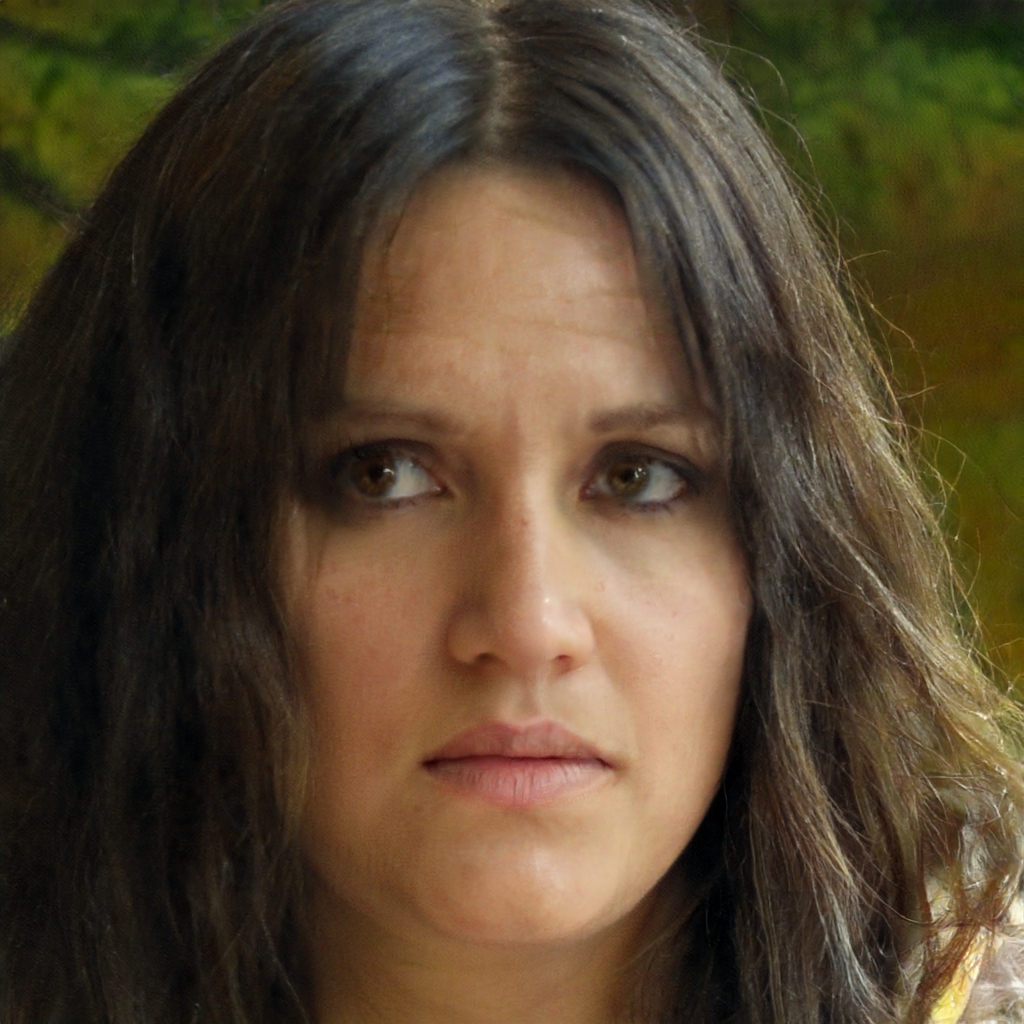This is a deepfake, which could have positive spin-offs: the Kilmer case. How computers will learn to talk with our voice.
The ability to clone your own voice will become increasingly accessible in the future. The companies that offer this service are also working on the accuracy of the result: forget the electronic voices we are used to, the future of artificial speaking will be increasingly indistinguishable from the voice of the person "synthesized".
Create your own voice on the PC: how to do it
It works like this: to clone your own voice, a script is read, while a computer records it. Sometimes you'll have to go back and repeat a few lines of text to make up for mumbles or sounds that aren't scanned perfectly. All in all, the whole process takes only 30 minutes, plus a few hours of processing by the software. Then it will be ready its own voice: that a PC can at this point reproduce maybe "reading" the lines in the chats that we have been ourselves to write.
This is a technology that frightens, as they frighten all the things that approach the abilities of the machines to those of the human beings: they will be perhaps therefore first of all clear the criticalities that present similar applications of the artificial intelligence. It is, to all intents and purposes, a deepfake, but one that develops only on the audio side. Deepfakes are defined in fact as synthetic media in which a person, in an image or a video, is artificially replaced or cloned, in short, falsified content and, if necessary, fake news that exploit innovative techniques of machine learning and artificial intelligence.
Two examples: the case of Bourdain and that of Kilmer
For example, the choice of the authors of the documentary Roadrunner: A Film About Anthony Bourdain, dedicated to the chef who died by suicide, has not failed to arouse controversy. On this occasion, in fact, some lines put on paper by the hand of the American celebrity had been transformed into a voice-over by exploiting voice synthesis software. The controversy was focused on the spectacle of a tragic event for commercial purposes.
The public reaction with what was done with Val Kilmer instead was completely opposite: the actor's voice was in fact damaged in 2014 after a tracheotomy made necessary to treat throat cancer. Thanks to the intervention of a software similar to those described so far, Val Kilmer can now use a very effective electronic version of his voice. This demonstrates how the contested technology of speech synthesis can also have applications widely perceived as positive.
Giuseppe Giordano
